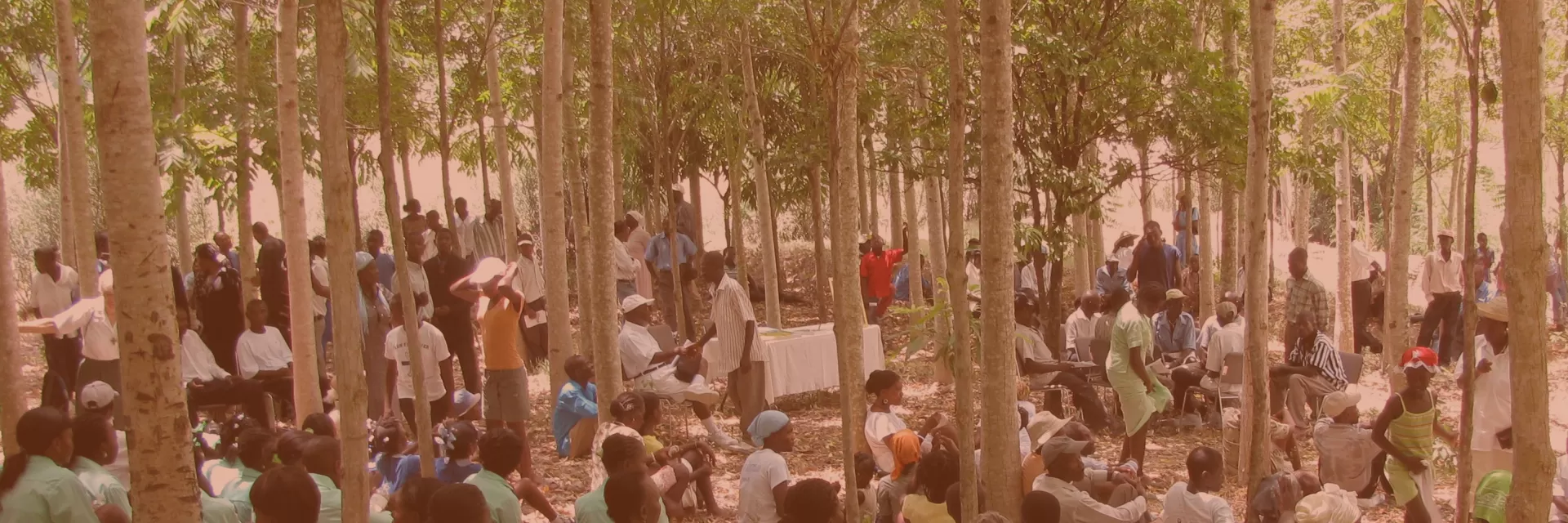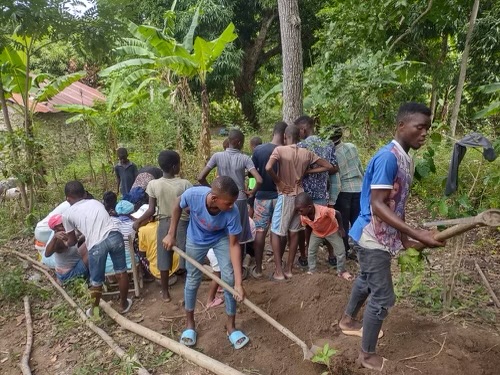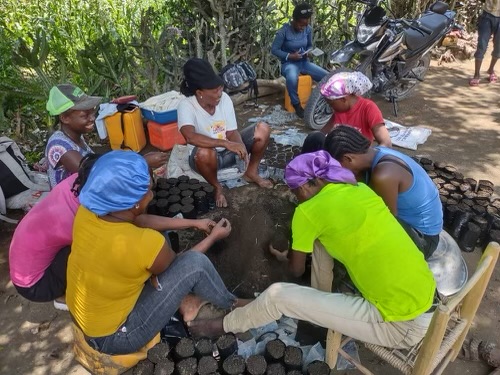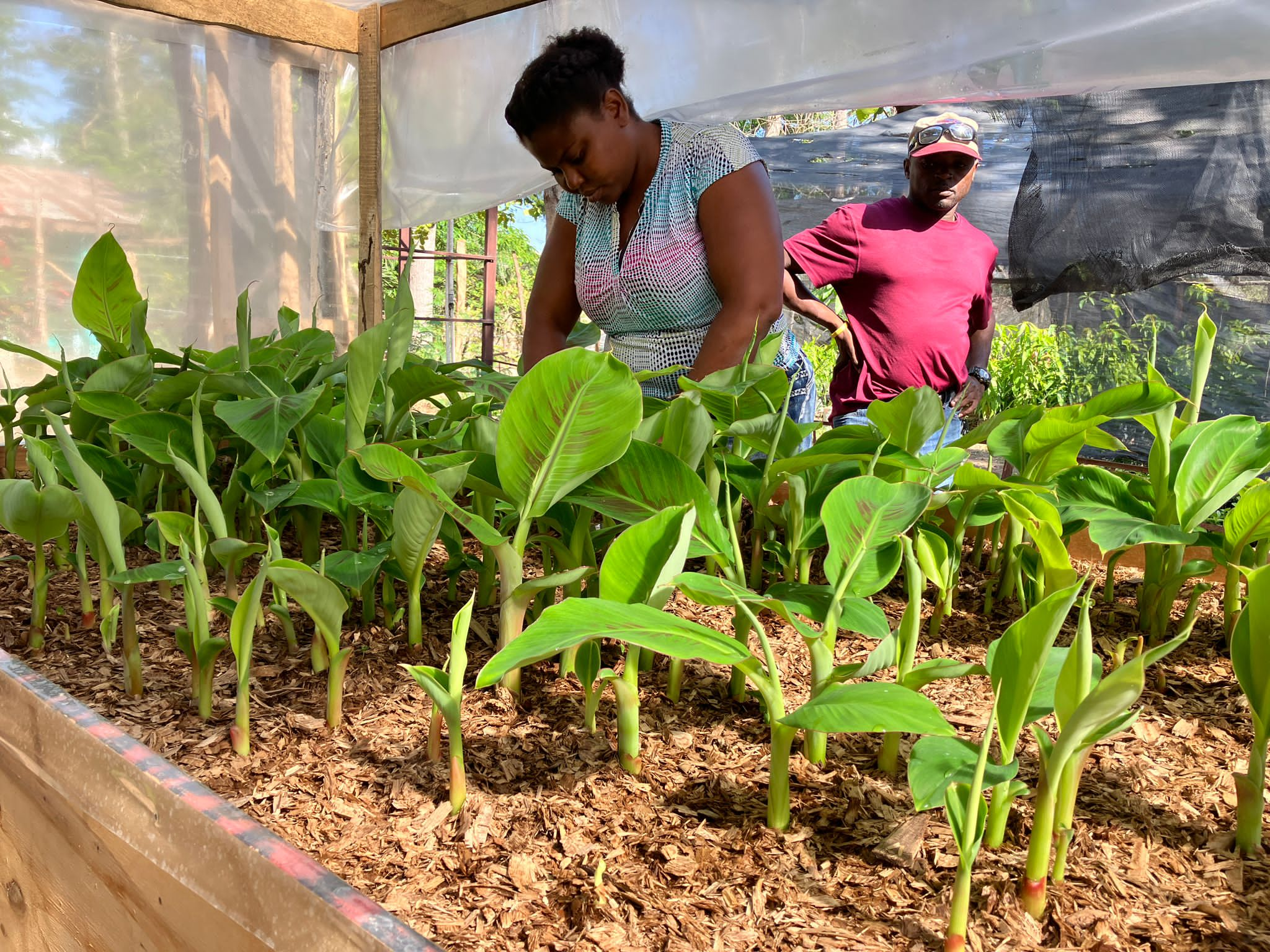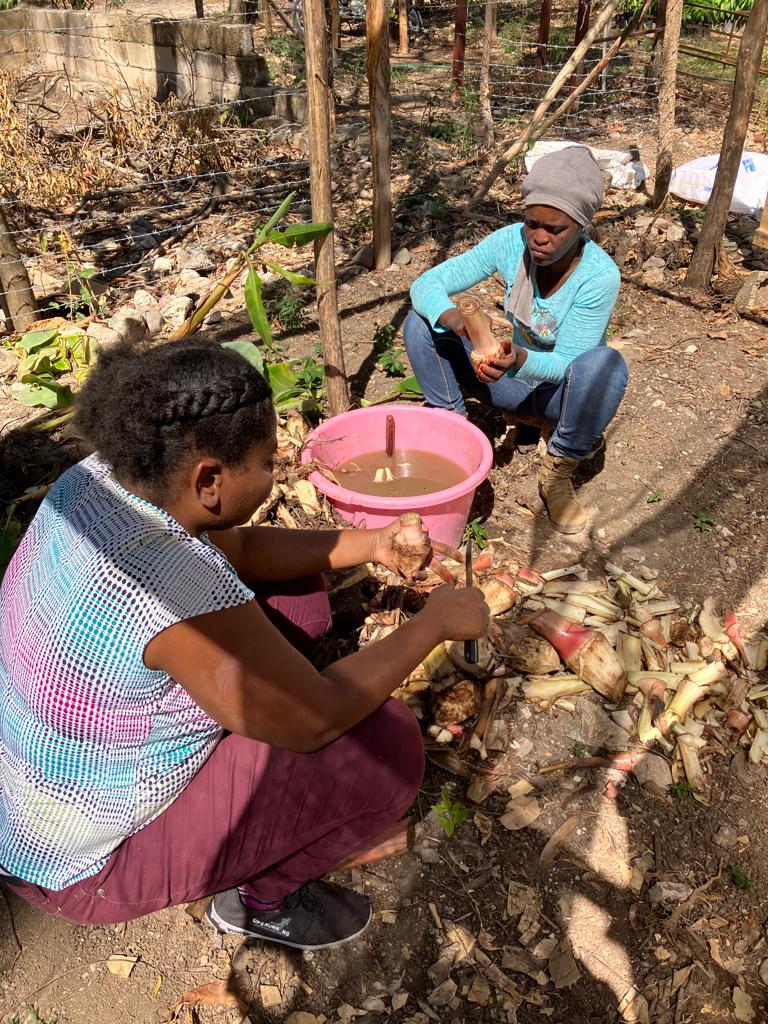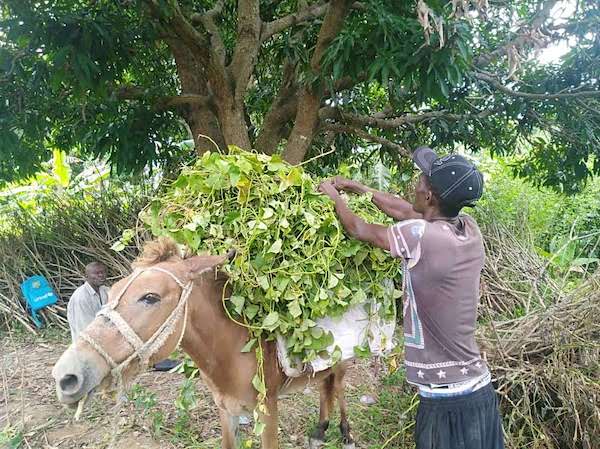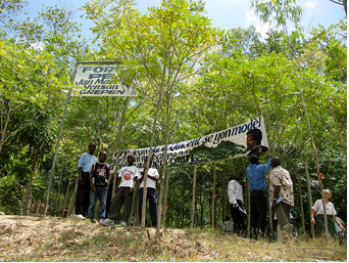Celebrating Haiti’s Independence
On January 1, 1804 Haiti became the second independent republic in the western hemisphere, and the first to abolish slavery. Unlike the U.S. war for independence, in Haiti there was a true revolution of social forces. People who had been enslaved in Haiti rose up against the French colonial authority and won their freedom and with it the country’s independence. The only successful rebellion of people enslaved known to history came with the defeat of the military super-power of the time - France under Napoleon Bonaparte.
